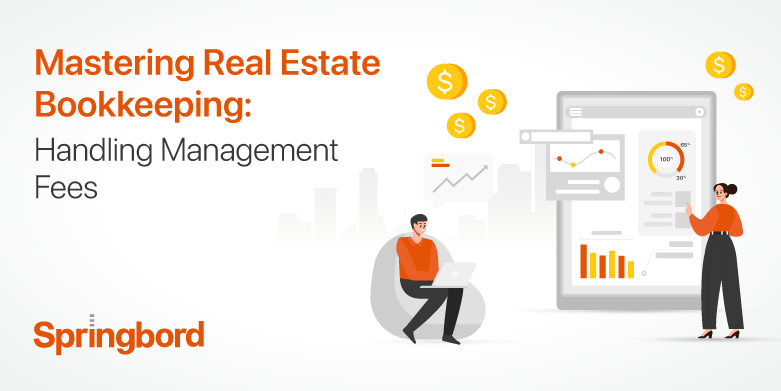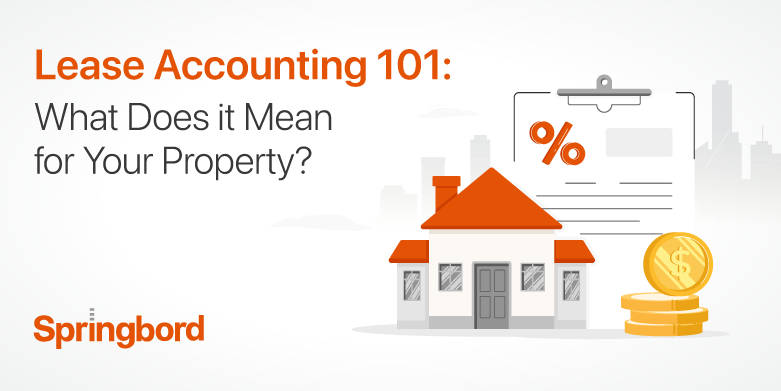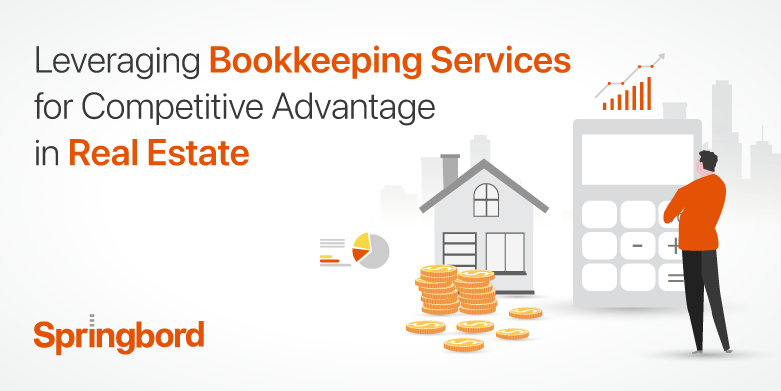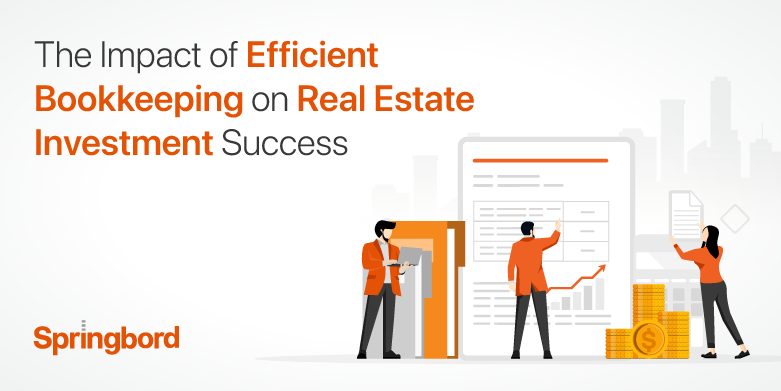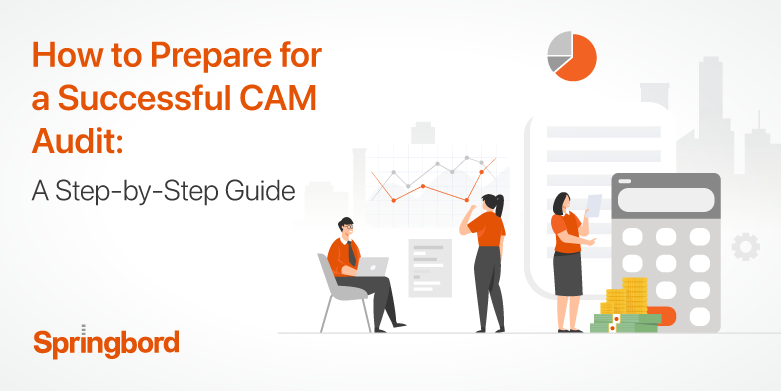M
E
N
U
Effective management of property management fees and commissions is an important aspect of financial stewardship for real estate businesses. Precise bookkeeping practices are important in property management, where revenue streams range widely from leasing fees to maintenance charges. To ensure accurate financial reporting, real estate firms must navigate complex fee structures and adhere to strict
Conducting CAM audits is an essential part of managing commercial real estate. For landlords, these audits ensure that CAM charges are accurately calculated, allocated fairly among tenants, and compliant with lease agreements and regulatory requirements. Let’s explore the significance of CAM audits in this blog, which emphasizes the importance of these assessments from the landlord’s
Lease accounting, particularly with the implementation of ASC 842 and IFRS 16, is critical for property owners as it transitions how leases are recognised on financial statements, bringing transparency to financial commitments. These standards require nearly all leases to be included on the balance sheet, reflecting true liabilities and assets, which affects stakeholders’ view of
In an era where financial agility and compliance are paramount, the management of Accounts Payable (AP) has taken center stage in corporate strategy. As businesses navigate through the complexities of global markets, regulatory landscapes, and technological advancements, the need for streamlined and secure AP processes has become evident. Outsourcing these functions presents a strategic opportunity
In the dynamic and detail-oriented world of real estate, the precision of financial management not only defines operational efficiency but also underpins strategic agility and competitive advantage. As the industry contends with complex transactions, fluctuating markets, and stringent regulatory requirements, the role of specialized bookkeeping becomes not just a necessity but a strategic asset. At
In today’s business landscape, the ability to accurately manage and report lease transactions has become a crucial aspect of financial stewardship. With the introduction of new accounting standards like ASC 842 in the United States and IFRS 16 internationally, lease accounting has undergone significant changes aimed at enhancing transparency and comparability across financial statements. To
In real estate business management, property accounting emerges as a pivotal component, significantly influencing decision-making, regulatory compliance, and strategic financial planning. The complexity of real estate transactions, alongside the evolving landscape of tax implications and regulatory frameworks, demands a nuanced understanding and professional handling of financial data. This blog delves into the critical aspects of
The rigorous demands of real estate investment underscore the vital role of proficient bookkeeping. Beyond mere transaction recording, efficient bookkeeping serves as the compass guiding investors through the complex landscape of financial management, compliance, and strategic planning. The dynamic nature of real estate, with its multifaceted transactions, amplifies the need for a meticulous approach to
Common Area Maintenance (CAM) audits are critical for landlords and tenants to ensure fair cost allocation and transparency in financial dealings. However, preparing for a CAM audit can be daunting, requiring meticulous attention to detail and a comprehensive understanding of lease agreements and operating expenses. In this advanced guide, we’ll delve into the intricacies of
Managing a real estate portfolio comes with a myriad of complexities. From keeping track of multiple properties to ensuring compliance with tax regulations, business owners face numerous challenges in effectively managing their portfolios. As a result, the need for advanced bookkeeping strategies has become increasingly paramount. At Springbord, we understand the intricate nature of real


